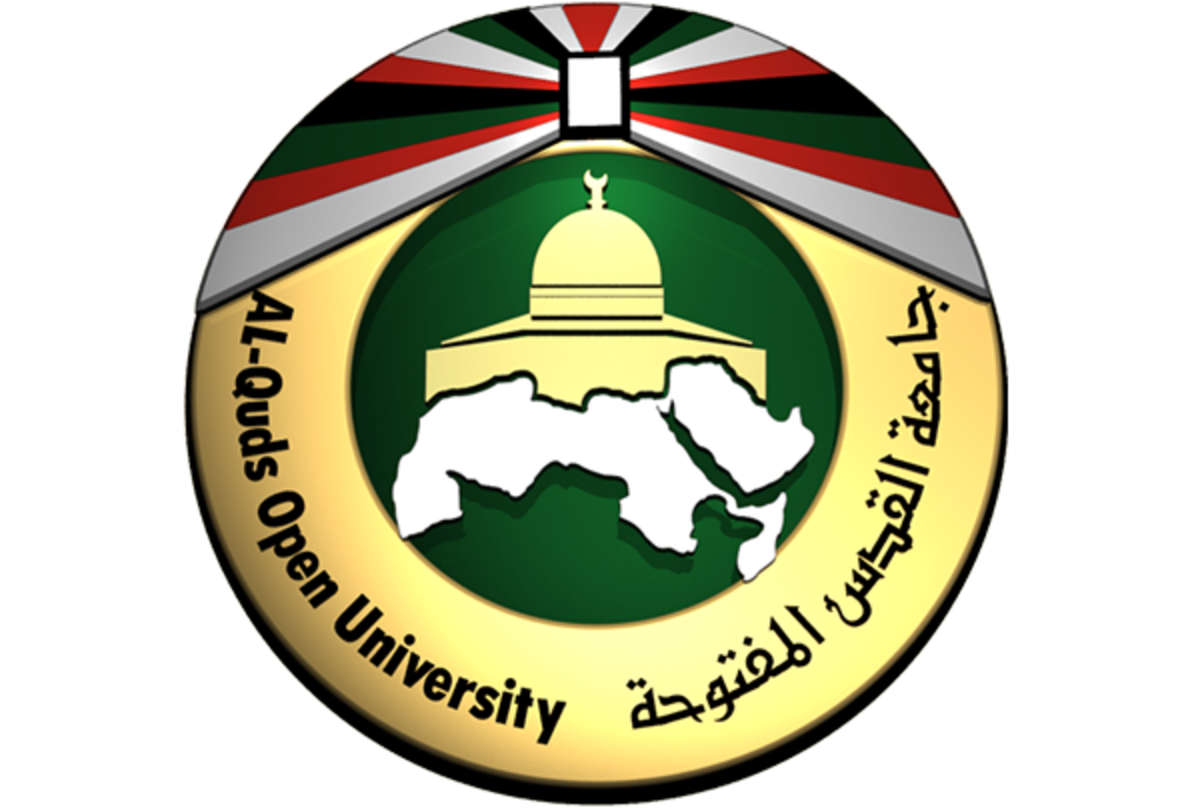Journal of Al-Quds Open University for Educational & Psychological Research & Studies

Abstract
The present study aims to identify the effectiveness of a career counseling program based on Super Theory to explore and crystallize the self - career concept among individuals with mild intellectual disability. The study uses the semi - experimental method. The study sample consisted of 24 individuals with mild intellectual disability from Beit al - Liqaa Center for People with Special Needs in Madaba, and Young Muslim Women Association Center for Special Education in Amman, who were divided into two groups (experimental and control) , comprising 12 individuals in each group. To achieve the goals of this study, the exploring and crystallizing vocational self - concept scale and a career counseling program based on the super theory were created. The results showed statistically significant differences at the level of a≤0. 05 among the ranks of average scores of sample experimental individuals according to parents, teachers, and individuals themselves. The cause of these differences was attributed to the counseling program according to the super theory, and the differences were in the benefit of the experimental group. The results also showed no statistically significant differences at the level of a≤0. 05 among the ranks of average scores, for the experimental group, on both the dimensional and sequential scales in which could be attributed to the counseling program. The results also showed no statistically significant differences at the level of a≤0.05 among the ranks of average scores of individuals of the experimental group and which could be attributed to the gender variable.
Recommended Citation
Al-Qubailat, Asrar Musbeh and Abu Ased, Ahmed Abed-Altef
(2021)
"The Effectiveness of a Career Counseling Program Based on Super Theory to Explore and Crystallize Self - Career Concept Among Mild Intellectual Disability,"
Journal of Al-Quds Open University for Educational & Psychological Research & Studies: Vol. 12:
No.
37, Article 14.
Available at:
https://digitalcommons.aaru.edu.jo/jaqou_edpsych/vol12/iss37/14

